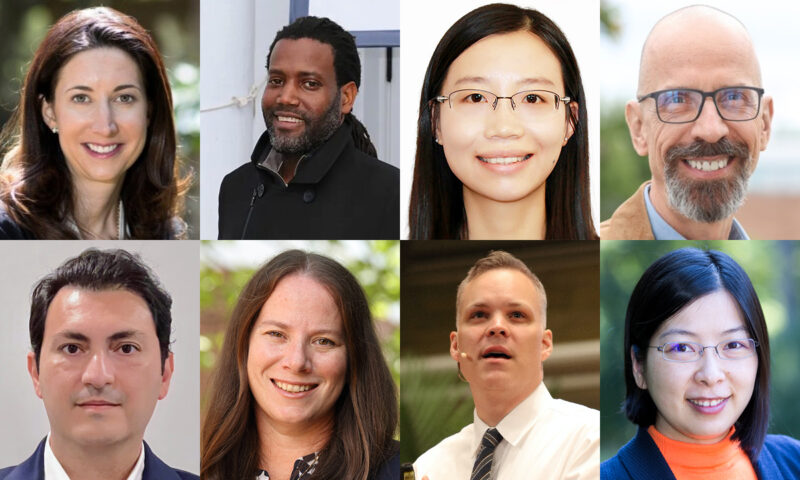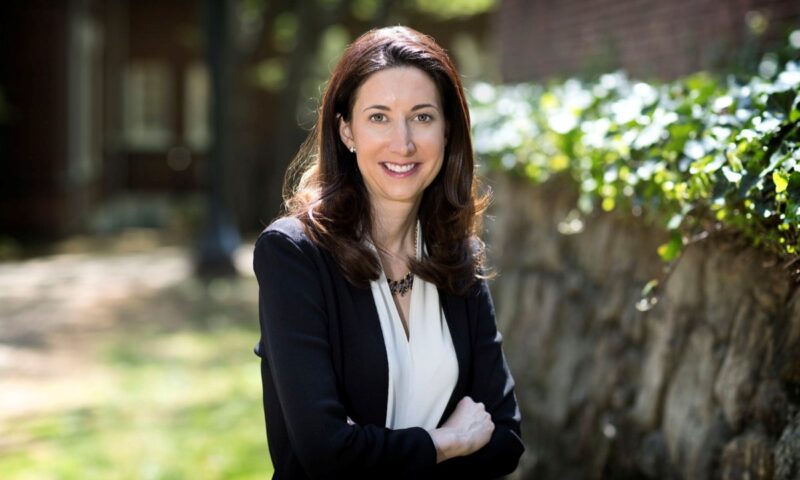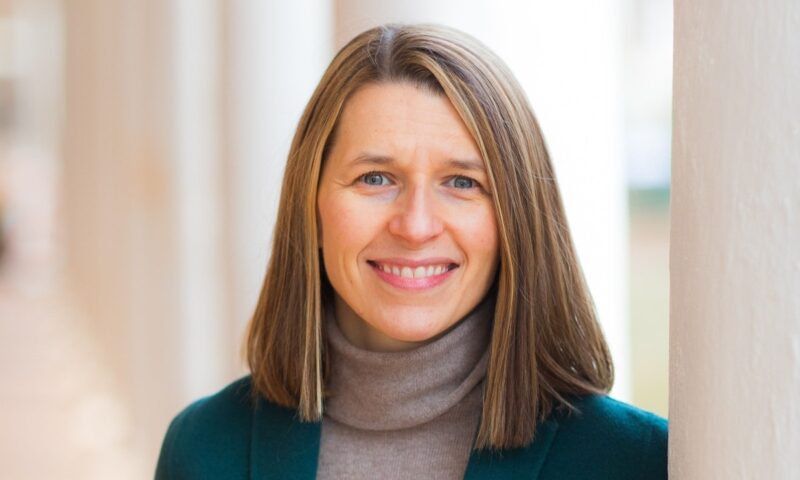In this season of giving, who is more likely to give and why?
That was the question behind a recent study conducted by The Galant Center for Innovation and Entrepreneurship at the University of Virginia. Researchers—including Darden School of Business professor Lalin Anik, McIntire School of Commerce professors Eric Martin and Jeffrey Boichuk and Darden MBA student Steven Mortimer—surveyed more than 2,000 people, asking them to think about the resources they have in their lives. Categories included emotional, material, mental, physical, relational, spiritual and temporal (i.e., free time).
They found that those who cited material or physical resources—money, investments, real estate, belongings, health, fitness, etc.—as their primary sources of abundance felt less abundant overall and reported donating their money and time less frequently.
However, those who cited relationships or spirituality as the sources of their abundance felt more abundance in their lives and were more likely to give of their time and money, as well as emotional resources like compassion, love and positivity.
“The more people derive abundance from egocentric resources, the less often they share them, nearly across the board,” the researchers wrote in a summary of their findings. “Conversely, the more our abundance stems from non-egocentric resources, the more often we are generous with these resources.”
Martin believes it comes down to the power of human connection.
“People who self-reported stronger connections to others and to their community were much more likely to give,” he said. “To me, it is a hopeful message. … It shows that giving is a virtuous cycle, no matter how wealthy or not wealthy you are. If you get engaged, build relationships and feel you are giving of your time, treasure or talent, you actually feel more abundant as a result.”
The study—funded by a grant from 1984 McIntire graduate Brian Rogers—cut across demographic and geographic divides. Respondents’ average age was 46; their incomes ranged from less than $10,000 to more than $200,000 annually, with an estimated median income of $46,726. Eighty-one percent reported that they had donated at least $1 in the past year, and 63% that they had volunteered at least once in that time.
“The more people derive abundance from egocentric resources, the less often they share them, nearly across the board. Conversely, the more our abundance stems from non-egocentric resources, the more often we are generous with these resources.”
The researchers found that respondents who were very well-off financially tended to give in large, single chunks, rather than steadily over time. Geographically, respondents from the Deep South displayed more giving behavior than the rest of the country, Martin said, perhaps because of a strong focus on faith and community in that region.
They also found that giving patterns change over someone’s lifespan. Before retirement, between the ages of 55 and 64, the data show that people tend to share their material resources less frequently, but that decline nullified after age 65.
The findings suggest that nonprofit organizations and others that dependent on donors’ generosity should focus on building meaningful relationships with donors and bolstering the relational and spiritual resources that coordinate with giving.
“People generally want to engage in more giving behavior. The question is, how should you nudge them to assume that behavior?” Martin said. “Our study suggests that connecting them with others who are like-minded is more effective than changing messaging or other strategies.”
He likened the idea to the Nobel Prize-winning concept of nudge theory, which holds that positive reinforcement and indirect suggestion most effectively influence behavior. He also compared it to effectuation theory, a school of thought founded by Darden professor Saras Sarasvathy, as she has studied what makes successful entrepreneurs tick.
“One of the first premises of Saras’ work focuses on how entrepreneurs use what is immediately available to them,” Martin said.
If people view giving as something that only wealthy people can do, they will just wait to be wealthy. But, if they look at what they can do now—maybe donating an hour of their time, or pooling money with friends—they might see more opportunities to give and to enjoy the sense of connection and abundance the study reveals.
By Caroline Newman, Associate Editor, Office of University Communications, cfn8m@virginia.edu, 434-924-6856. This story first appeared in UVA Today Dec. 18, 2019.



